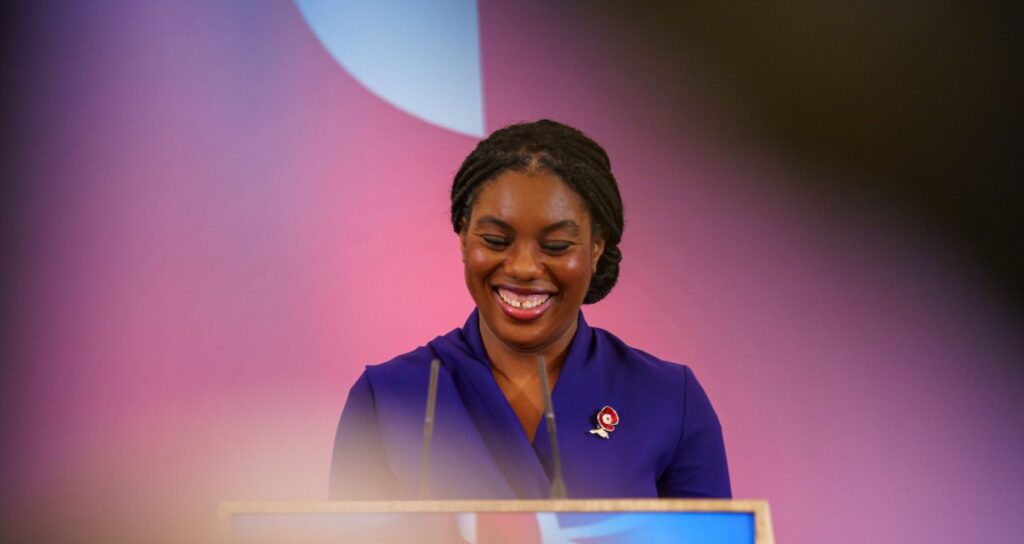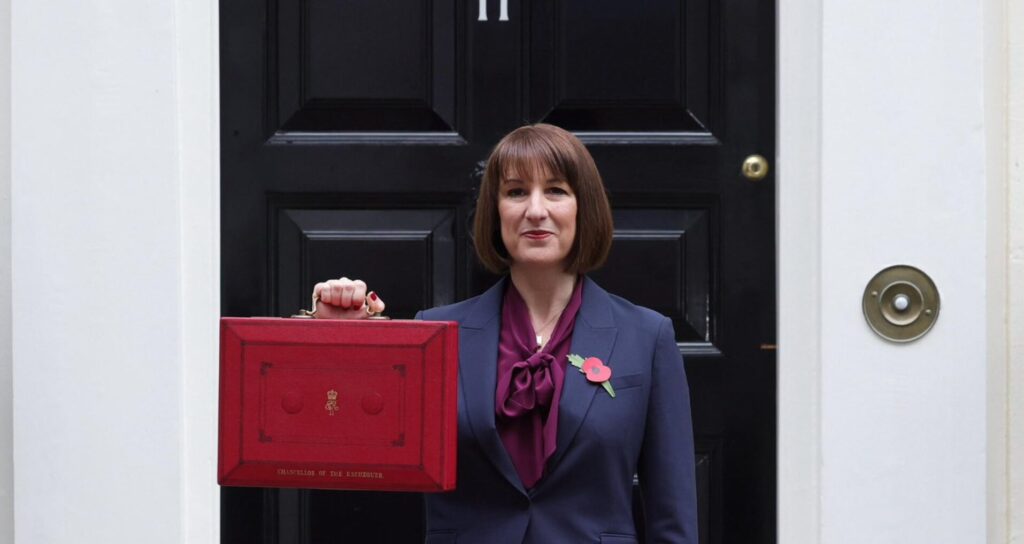A few years ago, along with another political journalist, I spoke to a production company about an idea we had for a TV series. This was in the early days of digital TV and the BBC was desperate for anything to fill BBC4 on the cheap. Our plan was to look at what might have happened had some significant UK political events turned out differently.
Maggie Thatcher’s resignation, the Falklands war, the SNP victory in the 1988 Govan by-election for example. We also thought it might make a decent book.
As this was in the mid-2000s, and Labour under Tony Blair was in power, our main interest was what might have happened had John Smith not tragically died while Labour leader in 1994.
Smith was just 55 when he suffered a fatal heart attack at his Barbican flat. The loss to his family was enormous but the whole political world also mourned an opportunity lost. The night before he died, he made a speech which ended with the phrase: “A chance to serve our country, that’s all we ask”.
He never got that chance but politics is a cruel business and within hours of his death, thoughts had already turned to his successor. The assumption was it would be Gordon Brown, then shadow.
As history shows, Brown had to wait another decade. Within a few days of Smith’s death, amid acrimony that still rankles to some within Labour to this day, Blair leapt ahead of him in the pecking order and it was he who eventually led Labour to a landslide in the 1997 General Election. Blair’s popularity in the country at that time was bigger than even Smith’s which is why Labour went down that route.
Without Smith’s death, Blair might never have been PM. In our scenario, Smith won in ‘97 but with a smaller majority, Blair got bored after a couple of years as Home Secretary and left to become EU President. Brown became Smith’s eventual successor. New Labour never happened.
Making Labour electable
I was thinking about that as I listened to Keir Starmer’s speech on Tuesday. Blair is the benchmark for Labour leaders who want power. Starmer’s speech was much more vision than policy as he tried to set out what his government would look like. The Labour leader is in pole position to win the next election but in terms of wider popularity, he’s still no Tony Blair so is he closer to John Smith?
Smith was a steady hand, the re-assuring face of Labour after Neil Kinnock’s fiery but ultimately divisive time as leader. The accepted position was that had Labour ditched Kinnock for Smith, they would have won the 1992 election. Would the same logic apply if Starmer had been leader instead of Jeremy Corbyn in 2019?
Smith was an old fashioned, centre-right Scottish Labour politician. He’d been a Cabinet minister in the 1970s so was one of the few at the top of the party with ministerial experience. His Labour changes were gradual; Blair as leader quickly ditched the party’s emblematic Clause Four about “common ownership of the means of production”.
Starmer has made significant changes to the party but while they may be less dramatic than Blair’s, the aim is the same: making Labour electable.
Anyone else getting déjà vu?
In trying to assess where Starmer is, I looked back at Blair’s speech at Labour‘s conference in 1996, the equivalent to this one in terms of proximity to the next election.
It’s still quite something even when you read it now but on the day it was one of the most powerful pieces of political rhetoric I had ever heard. It’s the one where he used the phrase “education, education, education” when outlining his top three priorities.
It’s funny, it’s focused and it clearly defines what a Blair government would do differently. There was vision but some detailed policy stuff too. He even ended by quoting Smith’s phrase about the chance to govern
Back then, the Tories had been in power for more than a decade, Labour was still recovering from flirting with moving leftwards, the economy wasn’t in great shape and Labour led the polls by some margin. Sound familiar?
But while Starmer finds himself in familiar territory, he doesn’t have the charisma of Blair which helped him reach across the political divide and brought many into the New Labour tent.
Bambi, bank managers and… Starmer?
This week’s speech went some way to putting some flesh on his bones. I felt it was as close as you might get to a definition of Starmerism; a broad appeal to the country, and an indication that he can finally look outwards because he’s comfortable with the control he has over Labour.
Will it work? He’s never going to be seen as Bambi, as Blair was once described. Meanwhile English commentators often referred to John Smith’s demeanour as being like a re-assuring Scottish bank manager. It was intended as a compliment.
For Starmer, re-assurance and, dare I say it, being boring in an era of political turmoil, may be his superpower but he has higher hurdles to overcome both in terms of the arithmetic needed to win a majority and the appeal to voters. What is clear is that after this week, he’s got more chance of overcoming them than he did a week or so ago.
By the way, some other TV production company had started work on a similar idea to ours and a few months later, BBC4 aired it. It was terrible.



